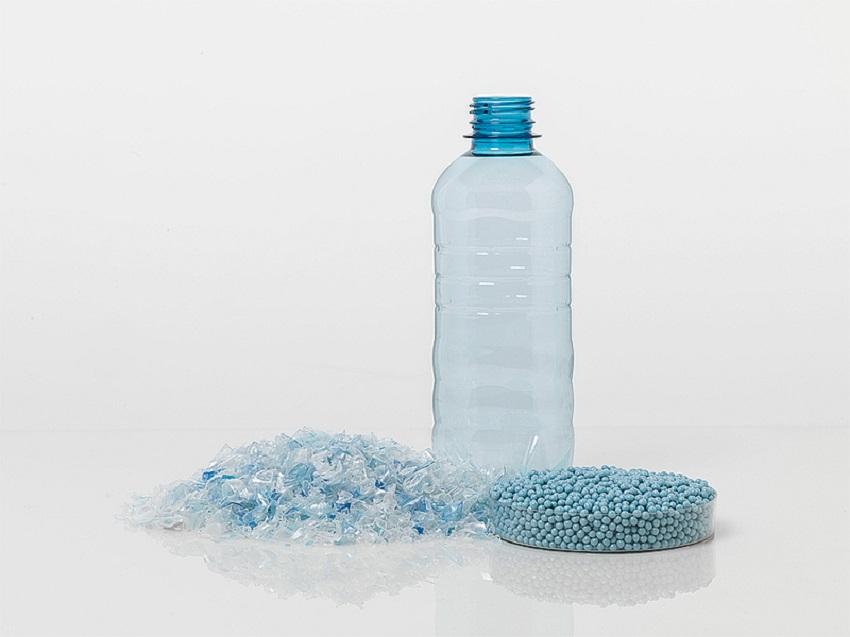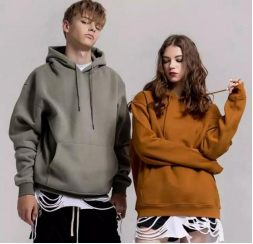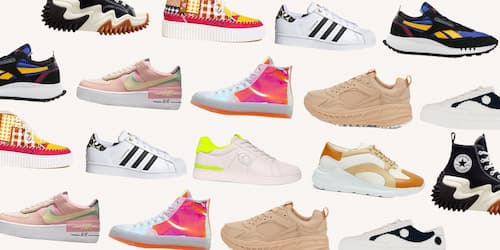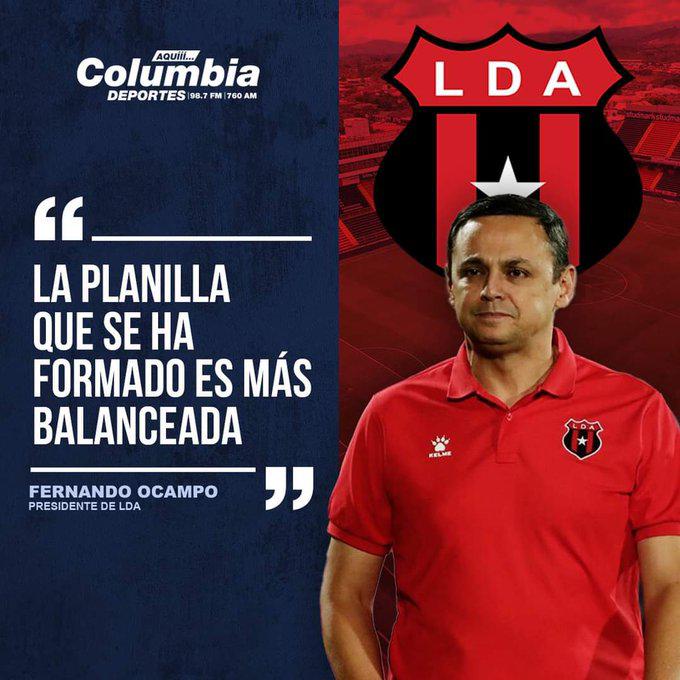Economic The disruptive PET bottle recycling industry
In the Aburrá Valley of Antioquia, in Girardota, is located the industrial production plant of Enka de Colombia, the leading national company in the recycling and transformation of Polyethylene Terephthalate (PET) Plastic, the most widely used in plastic bottles.
In the imposing infrastructure there are three recycling plants divided into processing sections. Three million PET bottles arrive there daily, captured through the subsidiary Eko Red, which is present in 900 municipalities in Colombia. In other words, this amount of plastic stops contaminating the country's environment.
The work carried out by Enka based on the circular economy has two main lines of business, the first consists in recycling plastic to turn it into PET resin or raw material to manufacture a new bottle, and the second, in transforming the polymer in fibers and filaments used by the textile-apparel chain.
The age of recycling
The president of Enka de Colombia, Álvaro Hincapié Vélez, stated that the company's history is one of transformation and innovation "because we have evolved towards the circular economy."
He recalled that as a textile company Enka was born in 1966 and 20 years ago it was a different type of company; today it is a partner of major brands, promoting the recycling business and generating relevance.
Hincapié indicated that the company invested 160 million dollars in recent years, which currently has it with a debt close to zero and with the possibility of making new investments.

Enka's most innovative product are the filaments developed from recycled post-consumer PET bottles, which are used in the production of knitted and flat fabrics for high-quality garments, which provide special conditions of touch, comfort and color .
For example, the Colombia jersey made by Adidas is made with Enka filaments and fibers. There are several renowned international brands that are clients of the company.
In addition, mass-dyed filaments are produced from the green bottles, which generate water and energy savings, avoiding contaminating water sources and guaranteeing color homogeneity and reproducibility.
“At Enka de Colombia we are always at the forefront of innovation and sustainable strategies to create products with high added value. On this occasion, we are offering the textile sector filaments made from recycled PET bottles and filaments with additives that accelerate the biodegradation process, which allows us to offer the market fashion with social and environmental responsibility," Vélez said.
A global competitor
My. GOD. I would never, EVER call police on a family member having a mental health crisis. https://t.co/PCOjrKKPtW
— Jenna-ral Organa #BLM she/her 🖖🐀☕♠️ Tue Sep 08 21:49:55 +0000 2020
At the Enka plant, two million PET bottles are transformed every day into resin for EKOPET containers (so called because they are recycled) that can come into contact with food. Bottles can be recycled and transformed countless times.
The labels and caps are separated from the bottles through different industrial processes and are transformed into polyolefins. That is, recycling plants have zero waste.
Meanwhile, another million incoming plastic bottles each day are processed at another of the three plants. This is where polyester fibers are produced to make garments such as underwear and sportswear.
It should be noted that the company is the main producer of filaments and the largest producer of canvas for nylon 6 tires.
To obtain the final product, the bottles go through cleaning machines, radiators, flatteners, cutters, selection machines, among others. Some of them are imported from countries like Germany.
At the same time, the company is building a new plant worth more than US $40 million for the manufacture of food grade recycled PET resin, which will come online at the end of this year. In this way, Enka will become one of the five world leaders in the recycling industry.
Export
45% of Enka's sales are represented by exports; its main market is the United States, followed by Mexico and Canada.
Fact
Currently more than 50% of the products that Enka offers are manufactured from recycled raw materials.
This article is from our print newspaper.
Let's make a region and support ours!
https://digital.elnuevodia.com.co/library
You can also purchase it physically.




